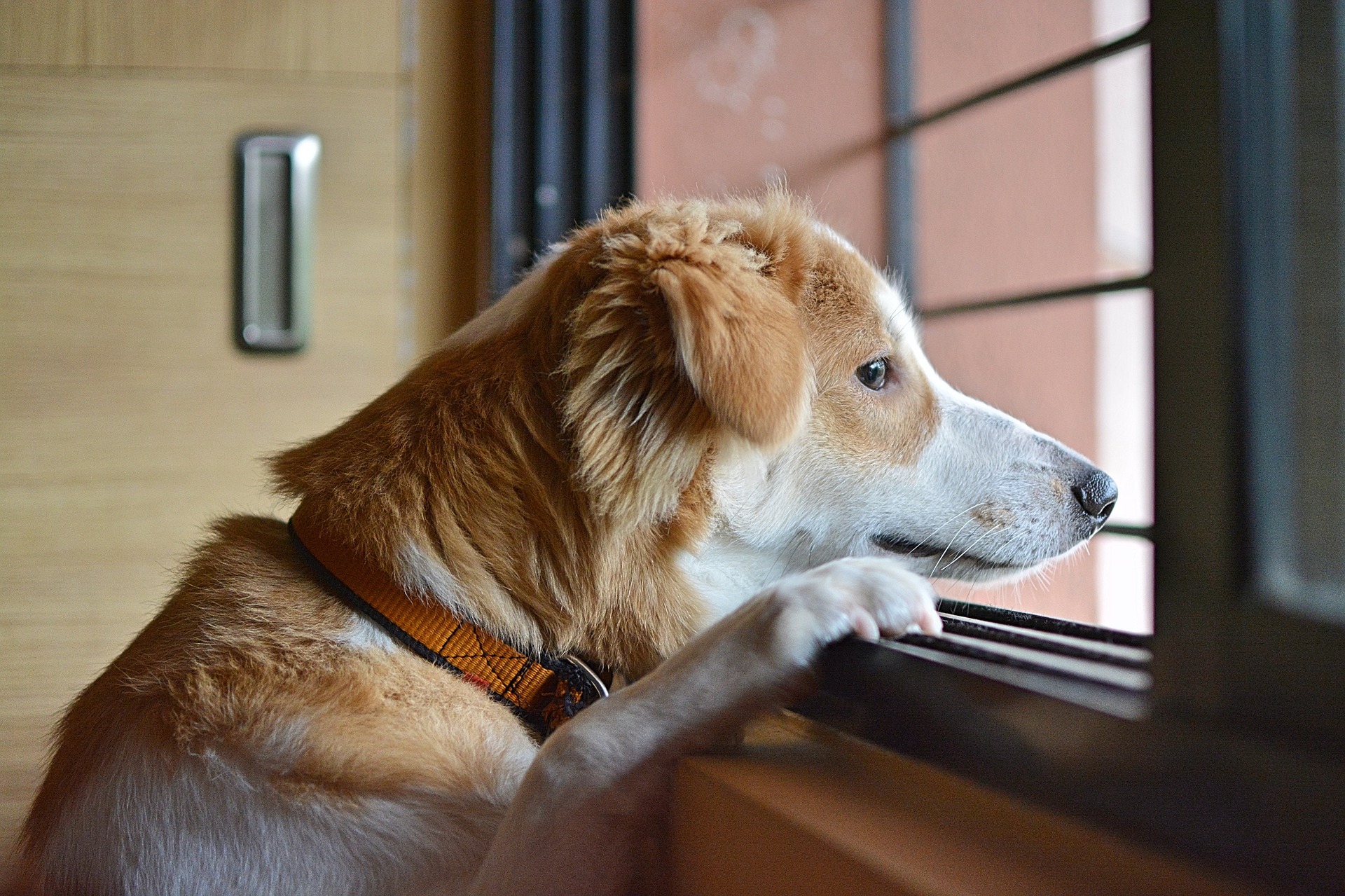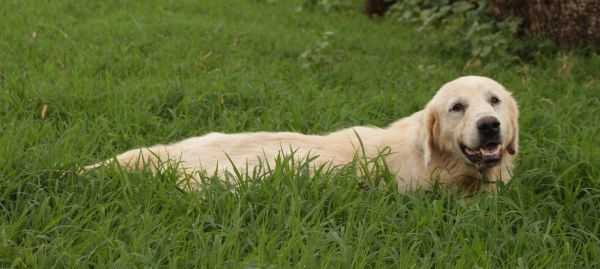|

Dogs are social creatures and they form strong bonds with people. While most dogs cope well with daily separation from their owners, unfortunately, some dogs become very distressed and even destructive, a problem known as separation anxiety. Separation anxiety is one of the most common behavioural problems seen by veterinarians.
Signs of separation anxiety include:
- Barking, whining or howling
- Destruction and scratching at barriers, doors and windows
- Excessive chewing, digging and pacing
- Inappropriate toileting (e.g urinating and defecating in the house)
In some cases, the separation anxiety can become so severe that dogs will destroy property and even seriously injure themselves and so separation anxiety can be a very distressing behavioural problem for owners.
Top tips to help reduce your dog’s anxiety:
- Take your dog for a walk before you leave the house
- Don’t make a huge fuss when you leave your dog or when you return
- Start small and only leave your dog alone for five minutes extending to twenty minutes then an hour, then longer
- Leave your dog with plenty of stimulating toys, chews and mind games
- Leave the radio or television on for company
- Consider crate training as this can help some dogs feel more safe and secure (speak to us for more information as this is not suitable for all dogs)
If you think your dog might be showing signs of separation anxiety you should speak to us. In some cases, medication can be prescribed to help reduce your dog’s anxiety and you can rest assured knowing that we will be able to work with you and your dog to help manage the issue.
|
